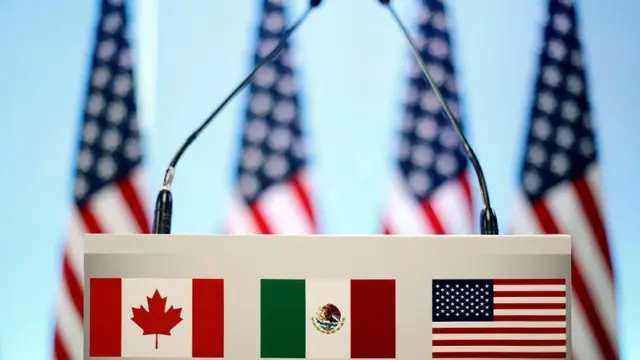PKG
INTRO
Reducing air pollution and particularly the heavy smog frequently smothering large cities, especially in the north, has become a high priority for China.
A government circular said on Wednesday that China may take a flexible approach to working hours and suspend schools when the country experiences some of the worst cases of air pollution.
PKG
According to a circular from the Ministry of Environmental Protection, when the highest warning is issued, a wide variety of measures can be put into force.
They include closure of factories, restrictions on vehicle use, dust controls and a ban on outdoor barbecues.
Large-scale outdoor activities should also cease; kindergartens, primary and middle schools should suspend classes; and businesses should adopt flexible working hours.
The smog has impacted on public health and is expected to worsen over winter, when coal-fired heating units begin belching out large quantities of pollutants.
The circular demands rigid management of coal burning, polluting industries and motor vehicles while encouraging the use of natural gas.
Xie Zhenhua, deputy head of the National Development and Reform Commission, said increased pollution from non-industrial consumption is the main cause of smog.
He said it's important to raise public awareness and change growth and consumption patterns.
And those who take irresponsible decisions that lead to severe environmental consequences need to be punished according to law.
The Chinese capital is one of the most heavily-polluted cities in winter, with the density of nitrogen oxide often two to three times higher than summer.
To fight pollution, in Bejing, cars with odd and even license plates will be allowed on roads on alternating days and schools will close when a level one alert is issued.
The city is also planning to slash its new car registration quota by 37.5 percent starting from 2014, and further cut newly registered cars from the current 240,000 each year to 150,000 by 2017.
By then, Beijing is expected to limit the total number of vehicles in the city to around six million.
China has built 668 air quality monitoring stations in 114 cities, and the number will rise to 884 in 161 cities by the end of the year.
Officials say any interference, tampering or falsification of monitoring will be severely punished.
 简体中文
简体中文

